

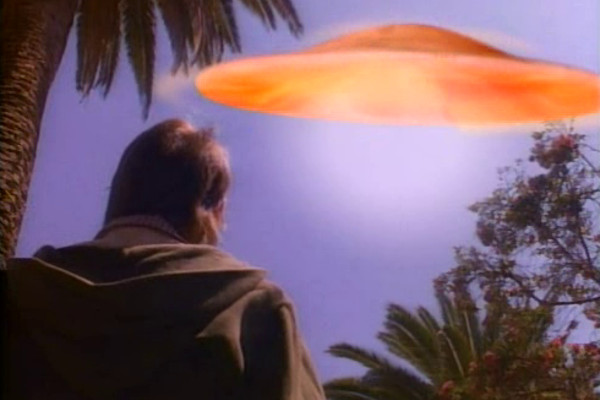
Dedicated to the recently deceased Theodore Sturgeon, A Saucer of Loneliness was based on his story and written as a screenplay by David Gerrold. Star Shelley Duvall gives an expectedly great performance as a loveless, isolated girl contacted by a UFO, but the pace is flat and never really grips. Interestingly, while the 80s Twilight Zone was regarded as a "flop", it's been estimated that over 20 million people were tuning in at this point, which says a lot about the expectations of the networks back in the days of three main channels and a demand for advertising appeal.
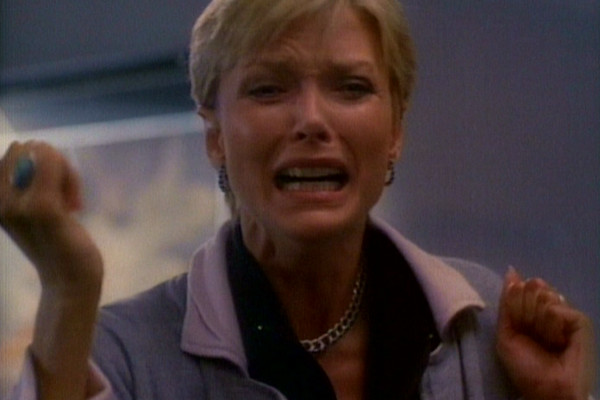
A rather silly, histrionic episode of The Twilight Zone, whereby a housewife's new credit card sees her life being removed for late payments. It's perhaps not that far-fetched a satire when, in 2017, UK loan companies can offer loans with APR of over 1200%, but it's still all a bit of a stretch even for a series like this. This said, the final sequence is effective, where objects disappear around her. Special effects often let down the 1980s series, particularly in hindsight, but thirty years on this sequence still stands up well.
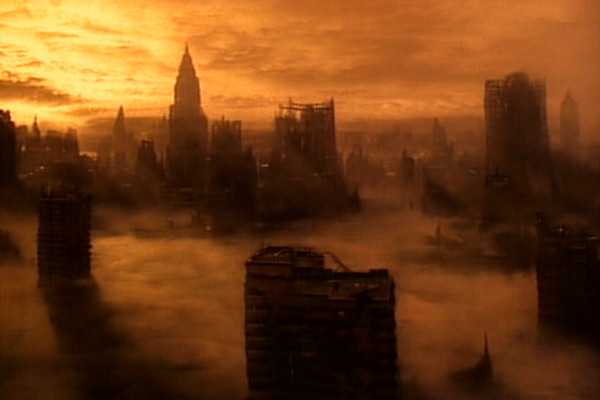
Martin Balsam and Jenny Agutter return to the series for this decent yet preachy story about explorers of the future visiting the dying Earth. The "hole" in the Ozone Layer was first made public in May 1985, so it's little wonder that it would make its way into the series... but it does, while still a very serious subject, date the story almost as much as one of the explorers finding an "artefact" of a CD player.
While acting like a pamphlet on saving the world, and having two great actors somewhat sleepwalking their way through an exposition-heavy, po-faced script, this is still likeable stuff. Tim Russ has a minor role in the story... less than eight years later he would appear as a regular in Star Trek: Voyager. Whatever the shortcomings of Voyager, it did allow Russ to stand on a starship set that looked in someway realistic... the primitive "spaceship" depicted here could have been made at any time from the 1950s on.
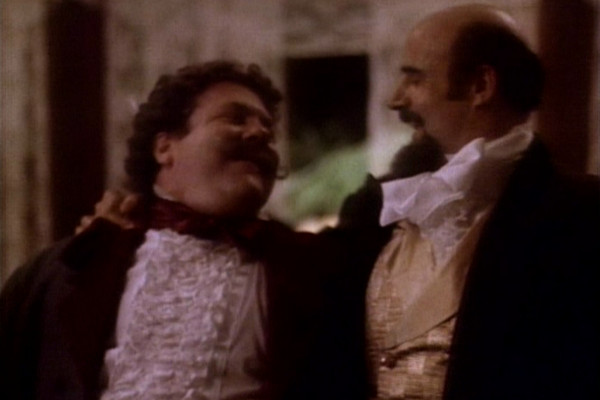
George Wendt (yes, Norm from Cheers) gets to star with his real-life wife Bernadette Birkett in a tale about a man with a parallel life. Jeffrey Tambor makes his second appearance in a Twilight Zone episode, though as a much more likeable character than his murderous husband in season one's Dead Woman's Shoes. A fairly charming episode that sees Wendt swap lives with that of his parallel counterpart, it's nevertheless merely average at best by the standards of the time, and certainly well below the standards of the original series. In fact, most of the episodes in a bland second season are fairly interchangeable in quality; numbers 14 to 4 could have been placed in almost any order, a run of mediocrity that's fine yet inessential viewing.
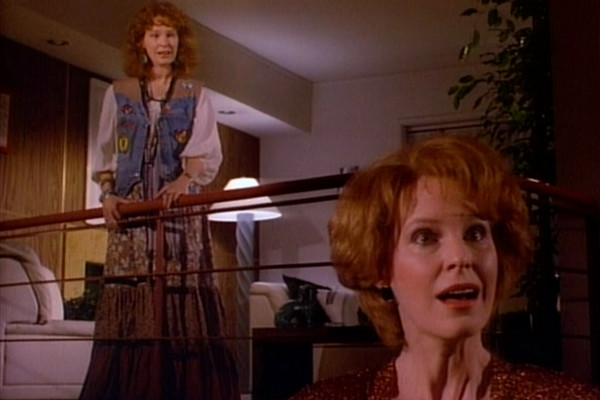
The sole episode of writer J.M. DeMatteis, mainly a comic book author who was behind the classic Spider-Man tale "Kraven's Last Hunt". The Girl I Married was his television writing debut... ironically enough, he had quit one of his earlier jobs as a music critic after a negative review of a Grateful Dead album in Rolling Stone saw him get a large amount of negative letters from fans of the band.
The tale here involves an older couple who want to return to their roots as two carefree 18-year-olds in the 60s, and their desires come true as they each get to have an affair with their partner's younger self. It's a little "sitcommy", and cute rather than classic, but it's breezy and light-hearted enough to get by. As the final episode of the season before CBS pulled the plug, then it's far from horrible and maybe not an story that warranted being cancelled.... Though on the flip side, it's also not a story that demands the series' renewal, either.
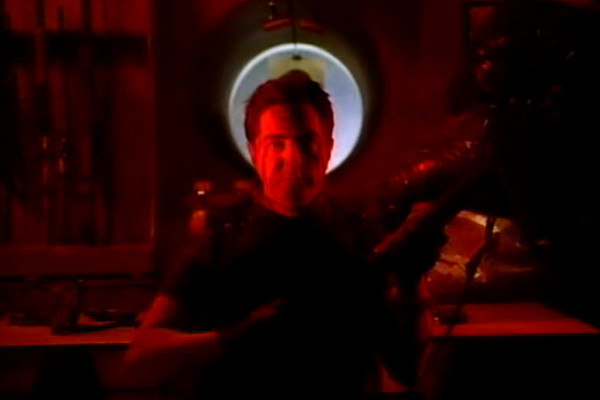
There's a wider mix of writers in the second season, with 19 separate authors behind the 21 stories present. Shelter Skelter is the only work of Ron Cobb and Robin Love (from a story by Rob Cobb), and features one man's quest to be safe under the threat of nuclear destruction.
Overt politics perhaps shouldn't come into cult television, and, while the Anorak Zone is a left-leaning site, the cartoonish representation of a Republican captured in this episode is a little too "on the nose" to capture subtlety or suggestion. Such themes should be subtexts and nuance, not overt statements that undermine the themes they're attempting to address.
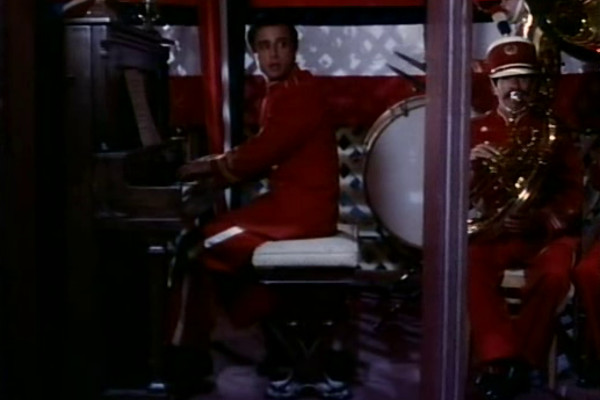
A man wrongfully imprisoned for murder finds that he can transport back into the past when playing the prison's old piano. Even by Twilight Zone standards it's a bit of a stretch, though a committed performance by Joe Penny helps keep a slight idea very engaging.